|
By: Savannah Tipton We all know someone who has experienced domestic violence, but we may not know who that is in our lives. Survivors walk among us and are often people we are close with including friends, family, and coworkers. It’s difficult to accept this reality but essential to raise awareness that anyone can be impacted by domestic violence. According to the National Coalition Against Domestic Violence, “1 in 3 women and 1 in 4 men have experienced some form of physical violence by an intimate partner.” However, domestic violence is not limited to physical abuse. Other types of abuse include emotional, psychological, spiritual, financial, sexual, and digital. Domestic violence happens daily, and survivors often feel silenced and alone. We want all survivors to know that free and confidential resources are available.
We can all act as an ally to survivors by educating ourselves about domestic violence warning signs and red flags. If you identify warning signs or red flags of domestic violence in your network or your own life, reach out to a local domestic violence agency to discuss next steps and the resources available to you. Talking about domestic violence saves lives. It’s important that we speak up when something does not feel right. Warning Signs of Domestic Violence
Perpetrators of domestic violence are often likable and charismatic. There is no single description for all abusers. They are not always lurking in the shadows or threatening to the outside world as movies might portray. Many abusers get along well socially at work and in their personal lives. Their behavior typically shifts behind closed doors when they are alone with the victim. Most abusers are only violent with their current or past intimate partners (1). They are also extremely manipulative. This includes minimizing the seriousness of the violence, blaming others for their abusive behavior, and breaking down the victim’s self-confidence. Abusers can threaten a victim directly and indirectly including threats of homicide and suicide. Threats and acts of violence are used to take control over the victim. Threats are often made towards friends, family members, children, and pets. A victim might stay in a dangerous situation out of fear for themselves or those they love. “Abusers repeatedly go to extremes to prevent the victim from leaving. In fact, leaving an abuser is the most dangerous time for a victim of domestic violence (2).” Red flags of an Abuser (1)
At Beacon of Hope Crisis Center, we are committed to breaking the cycle while empowering victims and survivors to take back their life. From providing emotional support to safety planning, let us be your advocate. For more information, contact our Confidential Crisis Line: (317) 731-6140. If you are in a life-threatening situation, call 9-1-1 immediately. SOURCE: We want to give a special shoutout to Futuro Indy, a local pizzeria that gave us a wonderful donation of over $1400. We were pleasantly surprised to receive this amazing news, and are incredibly thankful for this community support. Thank you to Futuro Indy and everyone that came out to show survivors they have allies. Donors really make all the difference in making sure the needs of survivor's are met. Their support means that the survivors we serve can continue to utilize our free services and life changing resources. Thanks again Futuro for your donation! #SupportSurvivors
By: Cheyenne Taylor We want to take this opportunity to give a huge thank you to IndyVet Emergency & Specialty Hospital for their generous donation. IndyVet is an essential 24hr emergency veterinary hospital working around the clock to provide relief and help to Indianapolis pets. They remain a dedicated partner with Beacon of Hope Crisis Center, and once again, they have taken philanthropic action to better our community and have donated $5,000 to our agency.
We are so grateful for their on-going support and partnership with our Foster Pet Program. Pets are victims of domestic violence too and partnerships like this help us save the lives of pets, individuals, and families. When incidents of domestic abuse and pet abuse are located on maps and then you overlay those maps the link between domestic violence and pet abuse is undeniable. This donation will have a massive impact on the lives of those seeking our services. Organizations like IndyVet Emergency & Specialty Hospital exemplify the strength and selflessness that is prominent in Indianapolis, and we deeply appreciate them for helping us and Indianapolis survivors once again. “I cannot state emphatically enough how much the supportive partnership with Dr. Speiser, his partners and his entire IndyVet team are valued and appreciated for all that they do. Take a moment if you are not familiar and visit their website and location. Consider signing up with us to temporarily foster a pet while their family member(s) heal and safely get resettled then that pet victim can be reunited with their family.” – Sandra K. Ziebold, CEO Beacon of Hope Crisis Center We are so proud to have partners with giving hearts like IndyVet Emergency & Specialty Hospital. They are paving the way to change by showing up to help pet victims, and we want to encourage everyone to follow their lead as they set this incredible example for our community. Thank you again, IndyVet Emergency & Specialty Hospital, for your donation and all your hard work! By: Cheyenne Taylor This year has been a difficult and trying year for many due to the impact of the pandemic, especially victims of domestic violence. While the world has been focusing on the pandemic, domestic violence has only escalated behind closed doors. It has not taken a break despite this pandemic. For victims, the pandemic has only created additional barriers in accessing services. We want to take this time to emphasize that we are here for all victims facing domestic violence victimization. We serve all.
We offer services that are accessible even during this pandemic. We have language services to help with translation needs. If you identify as a part of the LGBTQIA+, we serve you, and we have referrals as well. If you are atheistic or follow another religion, we are still here for you and respect your religious practices. We will not refuse to serve anyone because of race, gender identity, or other identifiers. We believe that everyone deserves to live free from the grip of domestic violence. Here are a few ways you can seek our help. First, you can call us directly at 317-731-6140 to speak confidentially with a victim advocate. Our advocates are on the lines from 8:30 am to 1 am. If we cannot pick up, please leave a detailed voicemail with your name, a return safe contact number or email, times to return your call and we will reach back out as soon as possible. Second, you can contact us through social media DMs. Facebook will get the quickest response, but you can reach us at any site easily accessible to you. Lastly, you can email us at info@beaconofhopeindy.org and we will get back in touch with you as soon as we can. Make sure to visit our website at BeaconOfHopeIndy.Org to learn about all our free services and resources that we offer. We are here to help you! By: Cheyenne Taylor Domestic violence can take away your strength, your independence, and your feelings of safety. Even after the abusive individual is out of your life, you might find yourself facing conflicting emotions that can harm your mental health. Survivors of trauma are three times more likely to become depressed and often face challenges with anxiety, panic attacks, triggers, etc.
The truth is leaving an abusive relationship does not automatically equate to happiness and health. There is as an adjustment period. Survivors have to learn how to navigate life without the abuse. They have to unlearn behaviors and become comfortable making all their own choices. They also have to come to terms with the fact that the relationship is over. Survivors often feel sadness or grief over the loss of the relationship and those are normal emotions to feel. Whether it be the companionship, the security of a romantic connection, or a simple bond built from trauma, ending an abusive relationship is not as cut and dry as many believe. Healing from past hurts can seem impossible, but many survivors have been there and come out on the other side happier and healthier. It is important that victims know they are not alone. Healing starts from within. Taking care of yourself, prioritizing your happiness and health, and learning to use your voice after being silenced by violence are all crucial steps in the healing process. We are here to help ALL survivors through the steps in any way possible. Leaving is the most challenging part. The rest is healing and becoming the healthier new you. There will be setbacks, and there will be triumphs. We are here to help you through your healing process or to start your healing process. Call our victim advocates at 317-731-6140 to discuss our services that can help you on your journey. These calls are confidential, and all our services are free. We recently received an emergency grant from The Allstate Foundation to help us continue to serve survivors of domestic violence during the pandemic. These funds have helped us to continue to provide our essential services to those dealing with often unfathomable trauma. Our grant was awarded as part of $500,000 in emergency grants provided by The Allstate Foundation to help more than 100 domestic violence organizations to provide necessary relief as the need for domestic violence services continues to rise.
Survivors may be isolated with abusers and cut off from social support systems. Check in with your friends and loved ones often through calls, email, or video chats. It is important to be there for one another and listen for warning signs of abuse. If you or someone you know is experiencing domestic violence or sexual assault, please consider calling to speak with an advocate. Victim advocates can offer information and guidance on next steps, call today (317) 731-6140. If you are in an emergency, please call 911. Red Flags of an Abuser:
Giving back to your community is always an amazing idea, but getting started can sometimes be tricky. We suggest supporting survivors. Beacon of Hope Crisis Center is a local nonprofit organization that serves ALL individuals facing domestic violence or sexual assault. Donations will directly benefit victims in central Indiana by providing services and resources such as safety, education, financial assistance, and counseling at no cost to our clients. Below are two ways you can become a donor and ally to survivors. We hope you consider joining us in the fight to end domestic violence and sexual assault.
AmazonSmile: AmazonSmile is a simple and automatic way for you to support your favorite charitable organization every time you shop, at no cost to you. When shopping with AmazonSmile you’ll find the exact same low prices, vast selection, and convenient shopping experience as Amazon. The added bonus is that Amazon will donate a portion of the purchase price to an organization of your choice. To support survivors receiving services at our agency, please choose Beacon of Hope Center for Women, Inc. / Beacon of Hope Crisis Center as your organization to support.
Kroger Community Rewards Kroger is committed to helping our communities grow and prosper. Kroger Community Rewards makes fund-raising easy! All you have to do is shop at Kroger and swipe your Plus Card! If you are looking for unique ways to donate to local organizations, enroll for your rewards to benefit and support Beacon of Hope Center for Women, Inc. / Beacon of Hope Crisis Center. Click here to enroll: www.kroger.com/account/enrollCommunityRewardsNow By: Katie Schneider Domestic violence and sexual assault can cause lifelong negative impacts on a victim’s mental and physical health. Victims that are in marginalized communities face more barriers to accessing services than those who do not. A marginalized community is a group of people who for whatever reason are denied involvement in mainstream economic, political, cultural and social activities. [1] They tend to be underserved when it comes to receiving services for domestic violence and sexual assault. People who are living with trauma from domestic violence and sexual assault within these communities may be scared to turn to those that can help them (community resources or law enforcement).
Beacon of Hope Crisis Center breaks down barriers by offering services to everyone that walks through our door or calls our crisis line. We work alongside community partners to provide language services, refer clients to free legal assistance, safe housing, and much more. Training our advocates to be culturally aware and helping to make survivors feel as comfortable as possible in times of healing. Beacon of Hope Crisis Center also provides services at no cost to any of our clients. Free and completely confidential. This way there is no economic barrier to receiving services either. Our Economic Sustainability Program aims to empower survivors to become self-sufficient and financially independent after experiencing abuse. Domestic violence and sexual assault alike do not discriminate against race, gender, sexual orientation, religion, citizenship status or any other demographic. It can happen to anyone. No one deserves to live in the grip of domestic violence or sexual assault. Abuse is never the victim’s fault. Beacon of Hope Crisis Center serves ALL individuals seeking assistance after domestic violence or sexual assault victimization. Call our confidential and toll free crisis line to speak with an advocate. Crisis Line: (317) 731-6140. [1] https://yali.state.gov/five-ways-to-be-an-ally-to-marginalized-groups/ -groups/ By: Savannah Tipton History gives us reference to the work advocates are doing in 2019. There was a time, not too long ago, where victims of domestic violence had almost nothing available for support. Before the 1970s due to there being no shelters, self-identified advocates would let fleeing victims into their homes (1). Those brave advocates were the foundation for shelters nationwide. There was little research and bias clouded the minds of many professionals. In fact, many medical professionals didn’t recognize the health risks associated with domestic violence. According to Time Magazine, an article in the issue “Sept. 25, 1964 — highlights a mind-boggling study that concludes couples stay in abusive relationships because their fighting can “balance out each other’s mental quirks (2).”” Society’s view of domestic violence directly impacted a victim’s ability to find external support and break free from an abusive relationship.
Today, domestic violence agencies are open across the United States offering programs that empower survivors to build a life free from the grip of domestic violence. Medical professionals now recognize the danger of domestic violence and are learning more about risks associated with strangulation. The National Domestic Violence Hotline explains ““Strangulation” is defined as “It’s possible to experience strangulation and show no symptoms at first but die weeks later because of brain damage due to lack of oxygen and other internal injuries. For this reason, and for a safe way to document the abuse, we strongly recommend you consider seeing a doctor if your partner has strangled or choked you.” These referrals to see a doctor have saved countless lives. There is more work to do but we are well on our way to offering the support ALL survivors deserve when escaping domestic violence. Domestic Violence Milestones (3)
The work victim advocates do at Beacon of Hope Crisis Center is directly impacting the lives of families across Central Indiana including victims fleeing from out of state. If you or someone you know needs help dealing with domestic violence and/or sexual assault, call our confidential crisis line at 317-731-6140. If you are in an emergency, please call 911. By: Cheyenne Taylor Why is it that when we make our mental to-do list each day, we never add taking care of ourselves to that list? Thinking about yourself is something that is often painted in a negative light with terms like self-absorbed and self-centered coming to mind, but what about self-care? We tend to hold ourselves to higher standards than others. We make ourselves the exception to the golden rule, “treat others how you would like to be treated.” When we should really treat ourselves how we treat others. Think of how much happier you would be if you put as much energy into yourself as you put into your job or your friends and family.
Taking care of yourself should not be a second thought or something that is planned last. In the long run, you benefit so much more when you take care of yourself. You will feel and look better, and your attitude will improve. As a result, your social and professional life will also improve because you will have added something to combat the daily stressors you come into contact with. Self-care does not have to be a hassle, but it should become a part of your daily routine like taking a shower or brushing your teeth.
|
About this blog
This blog is about our domestic and sexual violence crisis center, Beacon of Hope. We hope you find it full of helpful information, motivation, creativity, serious facts and positivity. We hope that it will help you know what is happening in our center, in our community and with our events. We hope you follow our blog in support of our organization and our mission. Archives
October 2024
Categories
All
|
|
CAREER opportunities © 2024 Beacon of Hope Crisis Center Privacy Policy Accessibility Statement Training Portal Login |

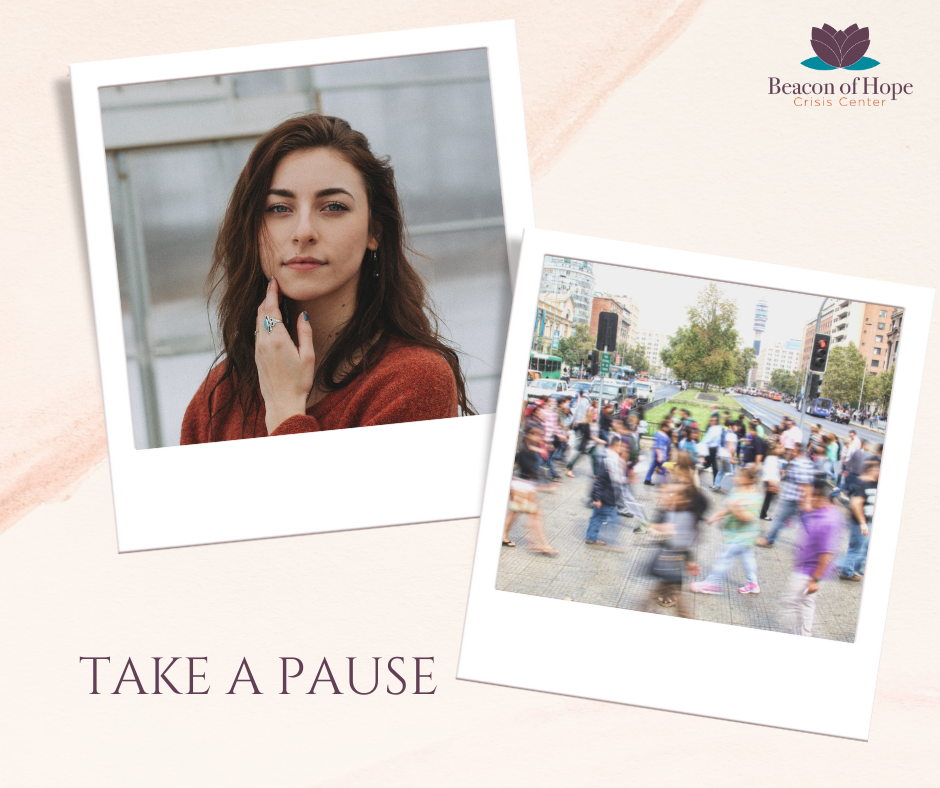
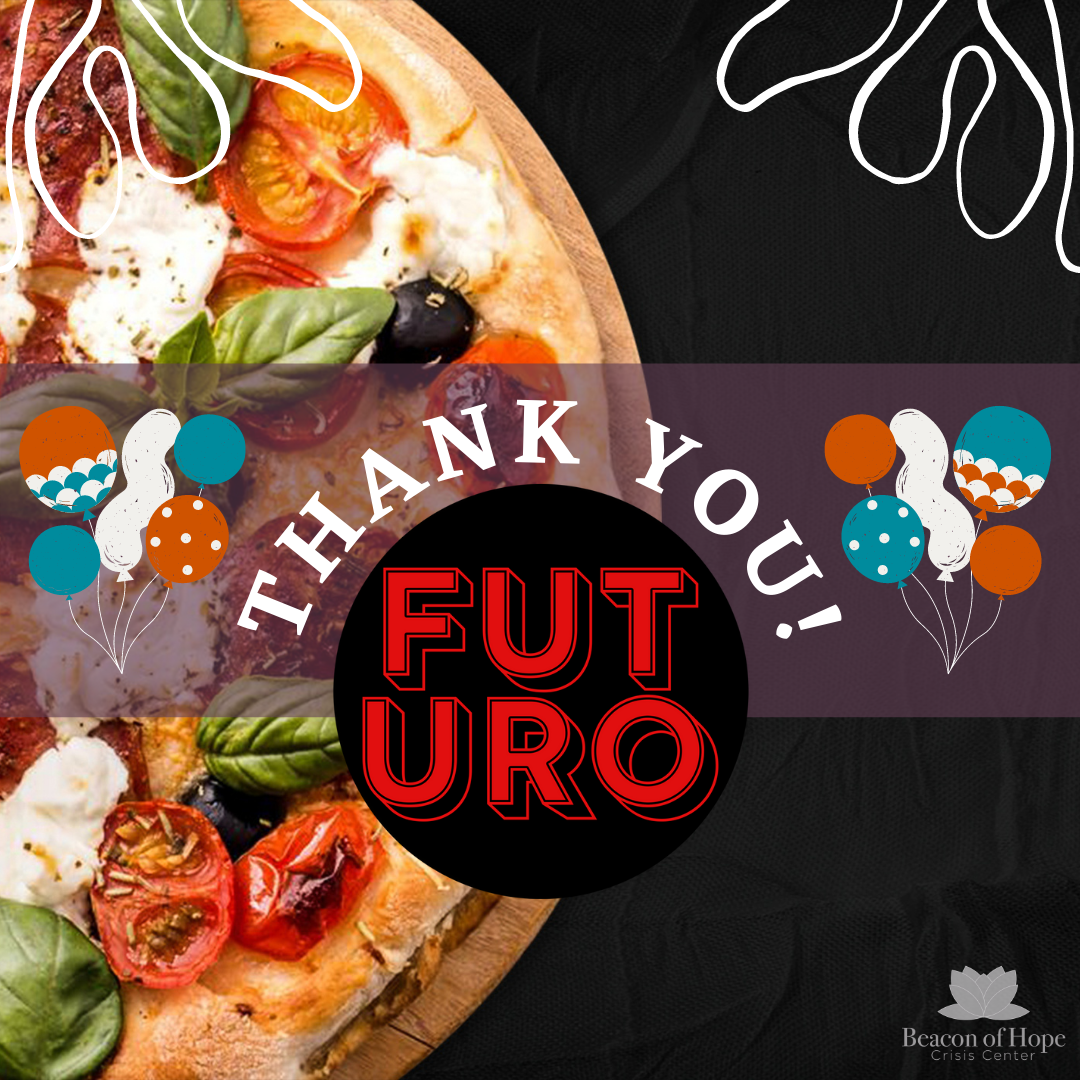
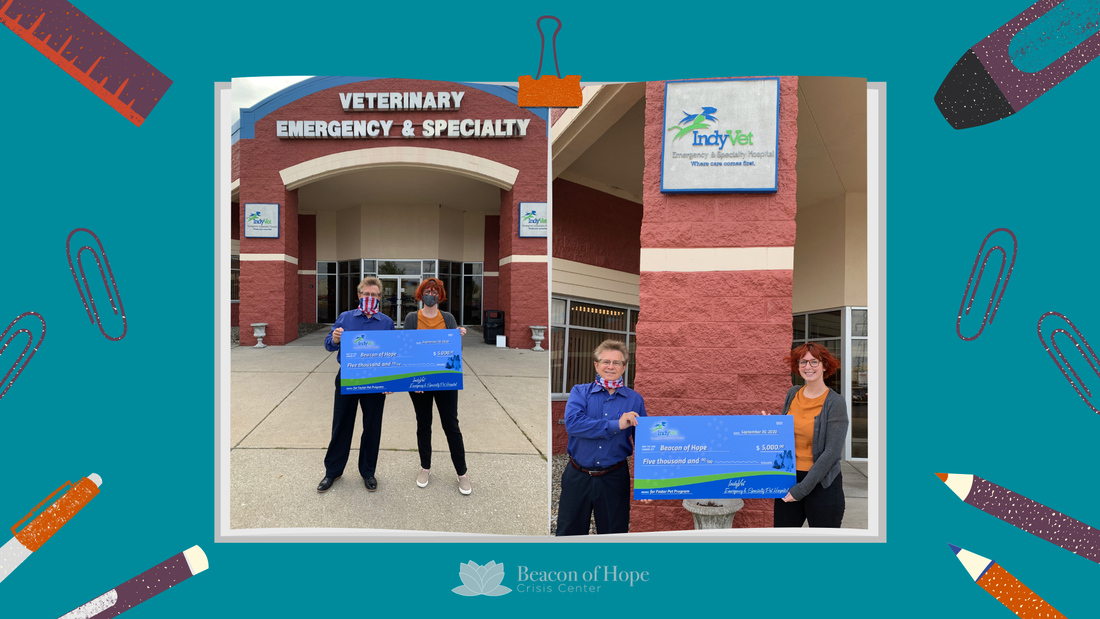
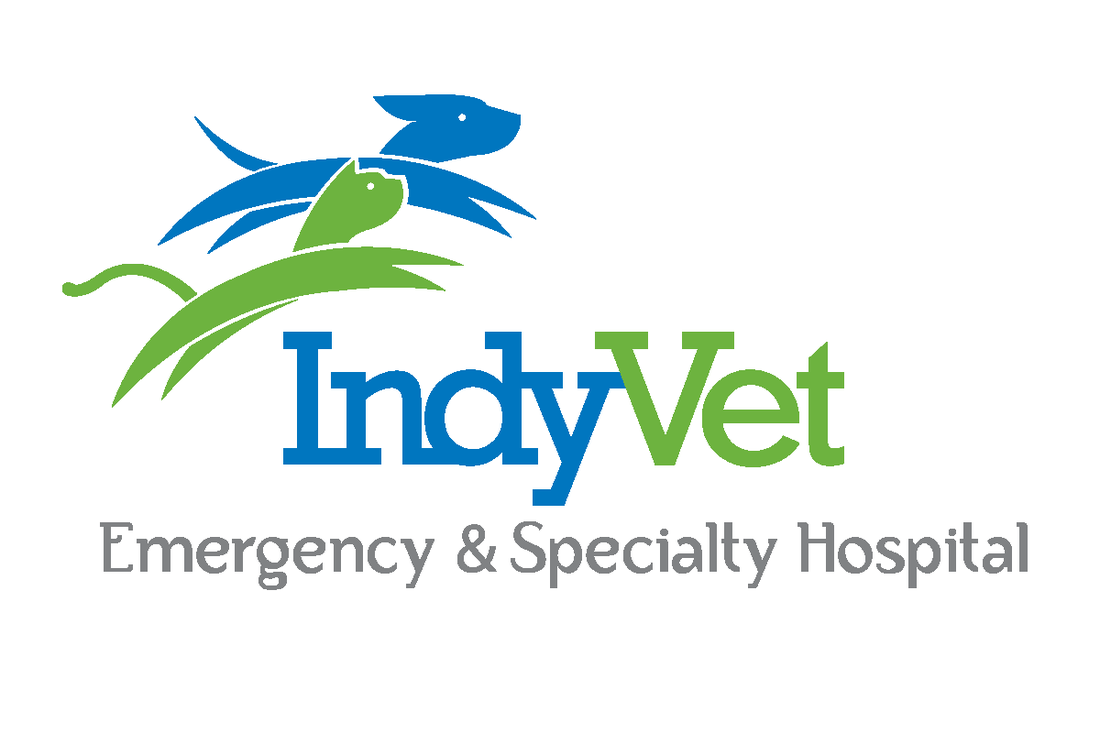


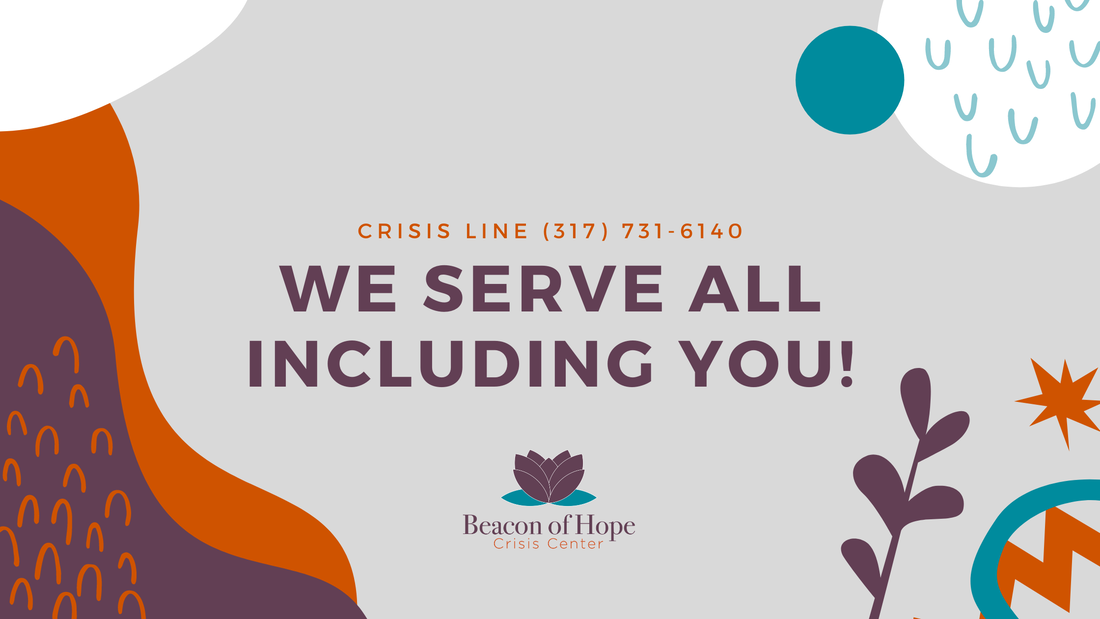
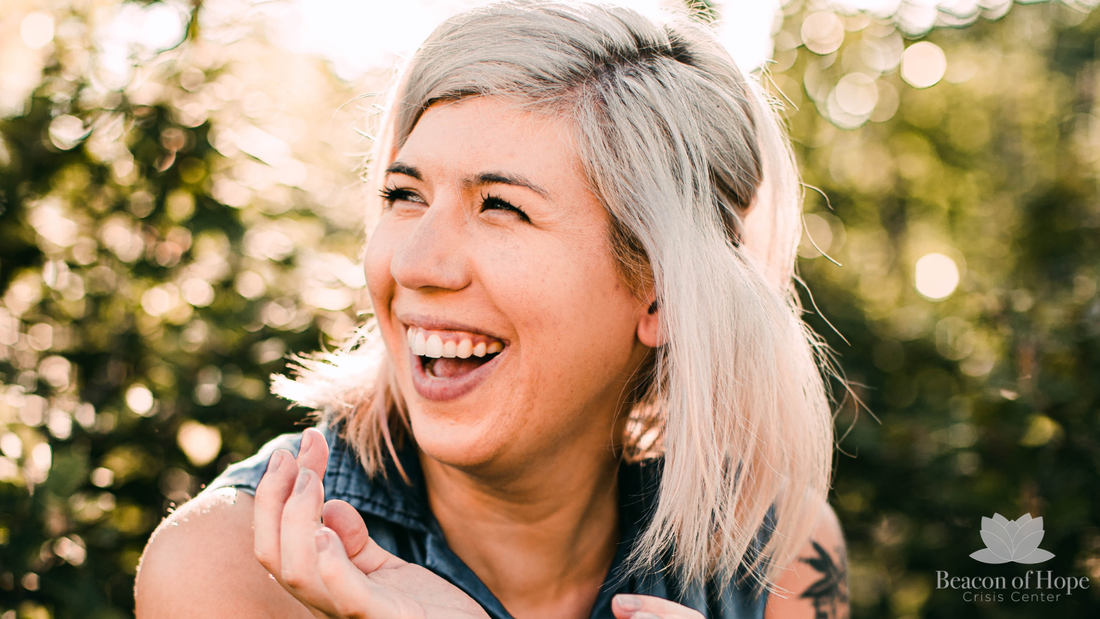

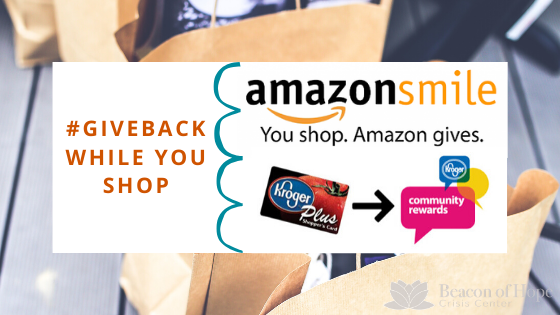
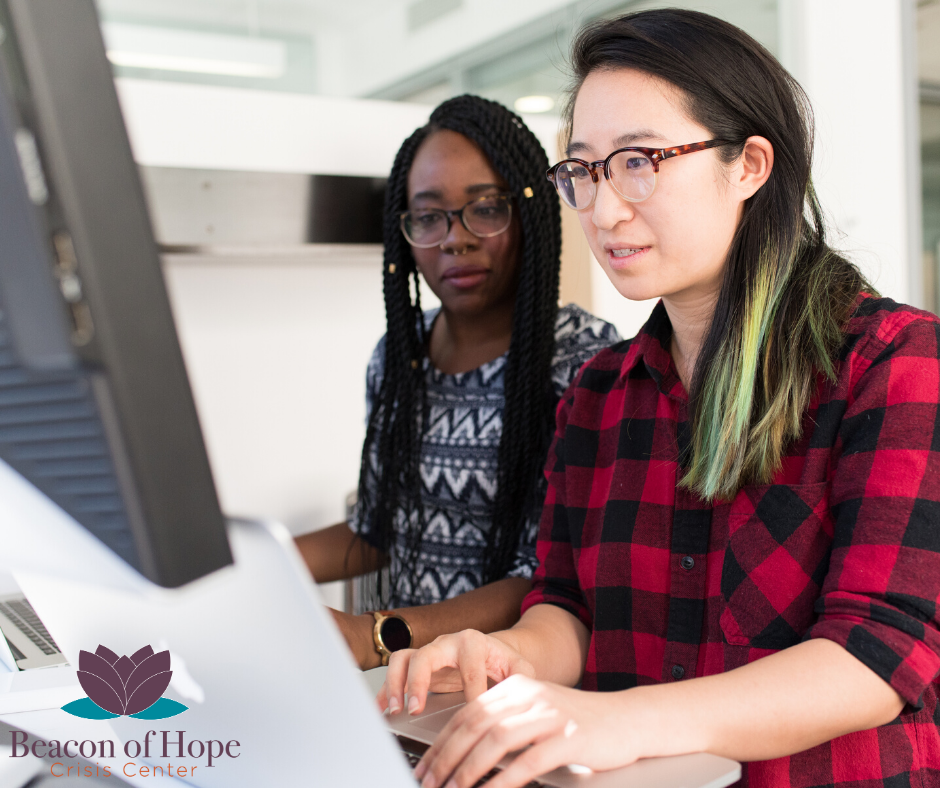
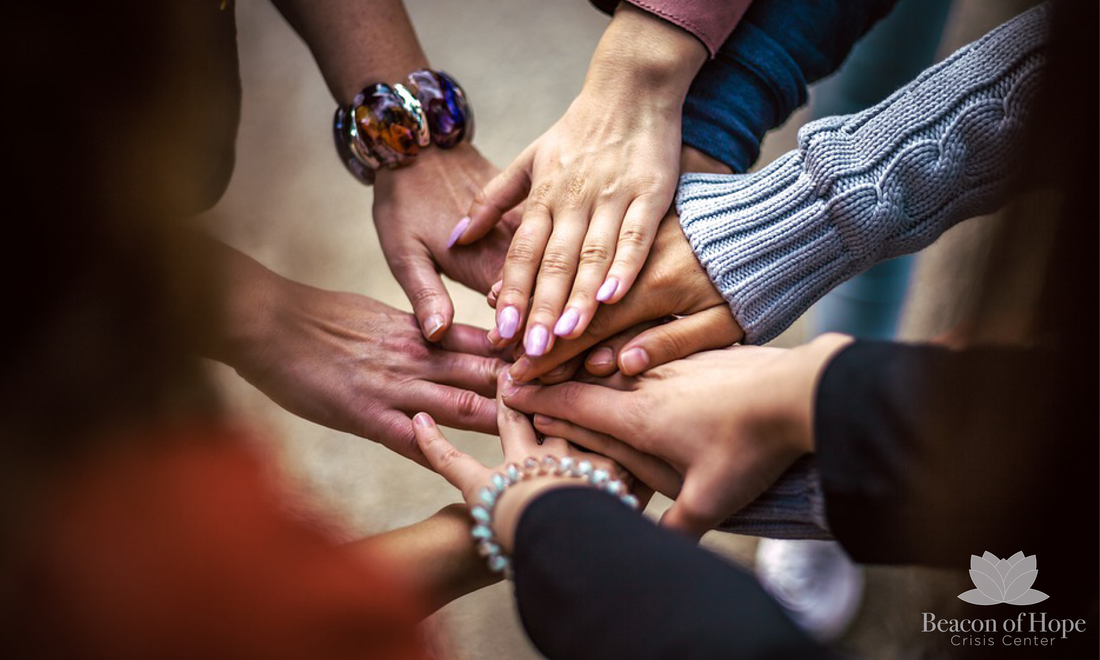
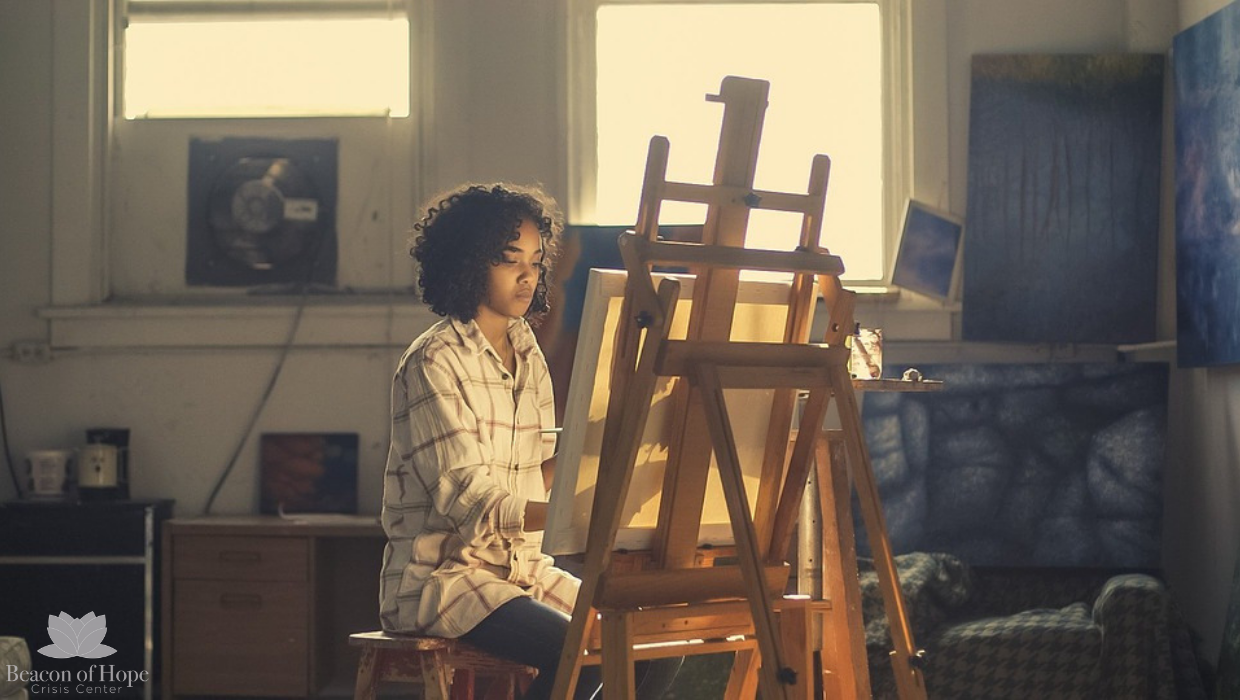
 RSS Feed
RSS Feed